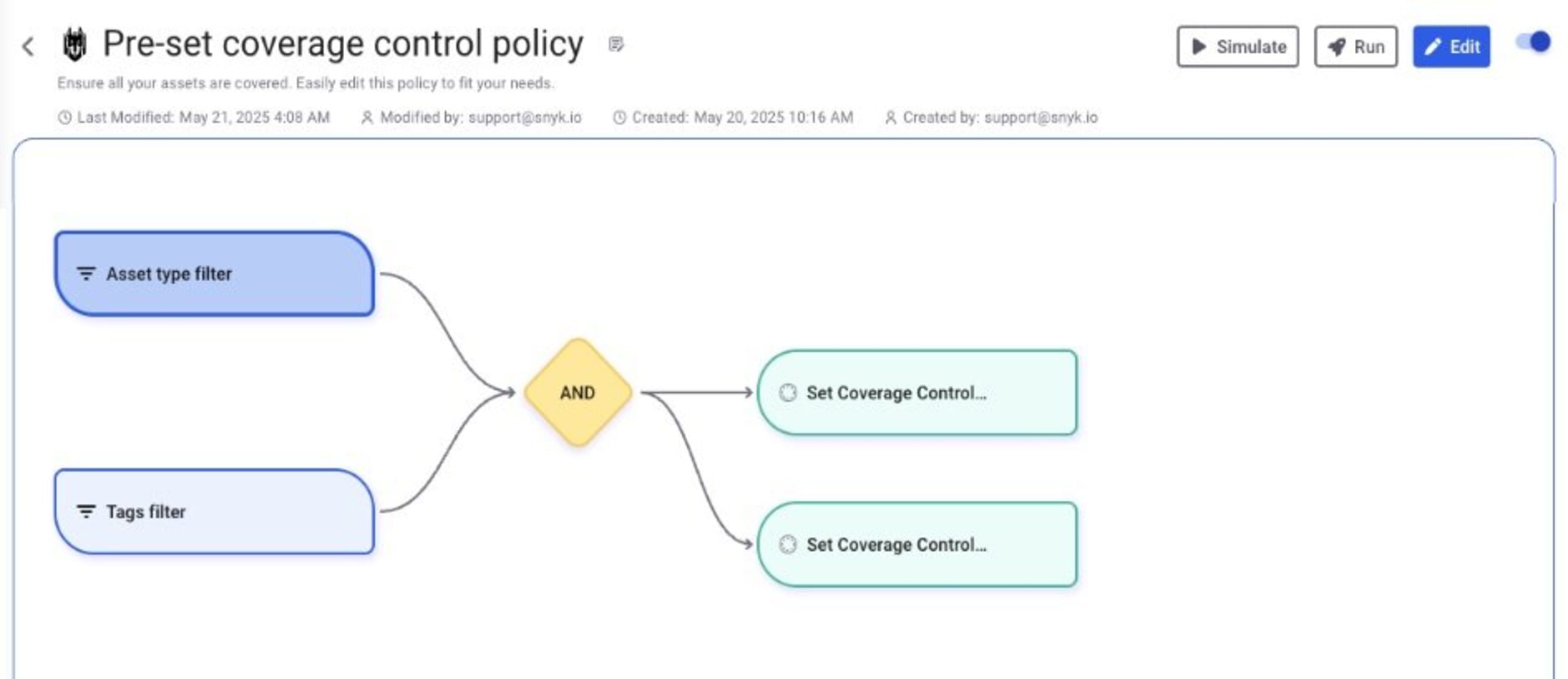Upcoming Changes to Snyk CLI glibc Requirements for Linux Environments
We're providing an important update regarding an upcoming enhancement to the Snyk CLI that will impact Linux environments. To ensure the Snyk CLI operates as smoothly and securely as possible, providing the strongest security and stability for your development environments, we are updating an internal component.
What's Changing for Linux Users?
Effective with the Snyk CLI release 1.1298.0 targeted for July 16, 2025, the minimum required GNU C Library (glibc) versions on Linux will be updated as follows:
For Linux x64 environments: glibc version 2.28 or higher
For Linux arm64 environments: glibc version 2.31 or higher
This change only affects Linux environments. Users on macOS and Windows are not impacted by this specific glibc update.
Why Are We Making This Change?
This update is driven by our commitment to ensure all components within the Snyk CLI are current and supported, preventing the use of components that may no longer receive critical security patches or bug fixes. This transition is crucial for:
Enhanced Security & Stability: Via this upgrade, we ensure our CLI remains protected against emerging vulnerabilities and benefits from ongoing improvements, addressing potential risks.
Modern Dependency Compatibility: The broader software ecosystem continually evolves. This upgrade allows us to integrate essential library updates, bug fixes, and new features more effectively and reliably.
Meeting these glibc requirements also means your Linux environments will likely be running on operating system versions that are fully supported and not past their own end-of-support dates, further enhancing your overall security posture.
Timeline and Your Environment Readiness:
We are introducing these new requirements in the Snyk CLI 1.1298.0 release scheduled for July 16, 2025. This provides a window for you to assess and, if necessary, update your Linux environments.What if You Need More Time?We understand that updating your environments might require planning and coordination. If you anticipate needing more time to meet these new glibc requirements beyond the July 16, 2025 release, we recommend the following temporary solutions to continue using the Snyk CLI without interruption:
Pin your Snyk CLI version: You can temporarily pin your Snyk CLI to version 1.1297.1 (the last version before these new requirements take effect) to allow more time for your glibc upgrade.
Utilize Snyk CLI Docker Images: Our official Snyk CLI Docker images come with compatible glibc versions and can be a good alternative.
The CLI preview version was updated starting June 4th to contain the new glibc requirements for testing the coming changes in time.
Our primary goal is to provide you with the most secure and reliable tools, and this update is a key step in that direction.Thank you for your understanding and partnership in maintaining a secure development lifecycle!
Costin Busioc | Senior Product Manager

